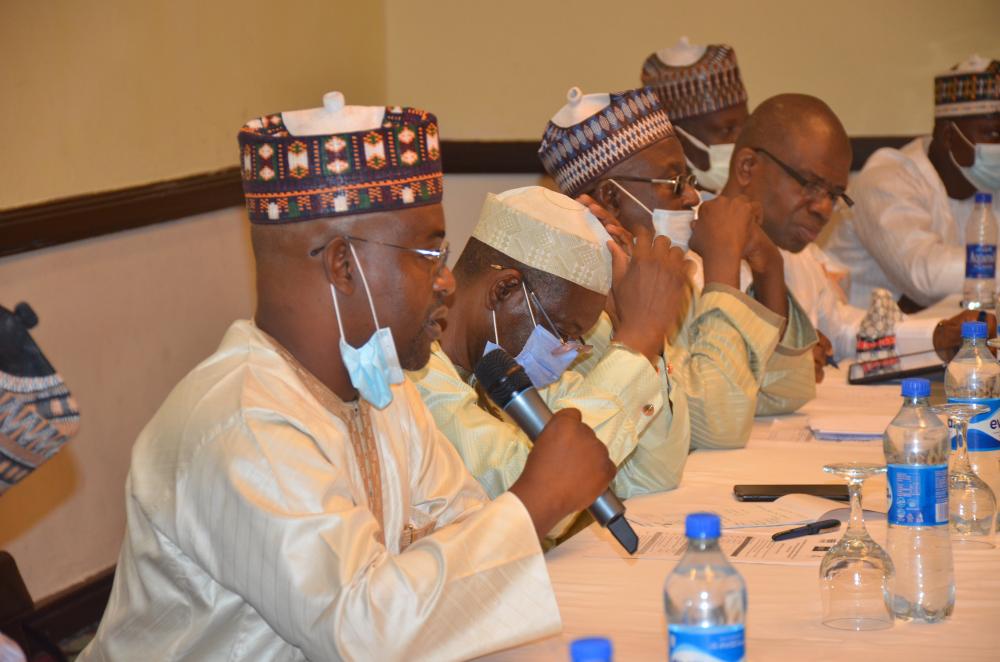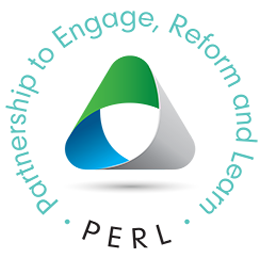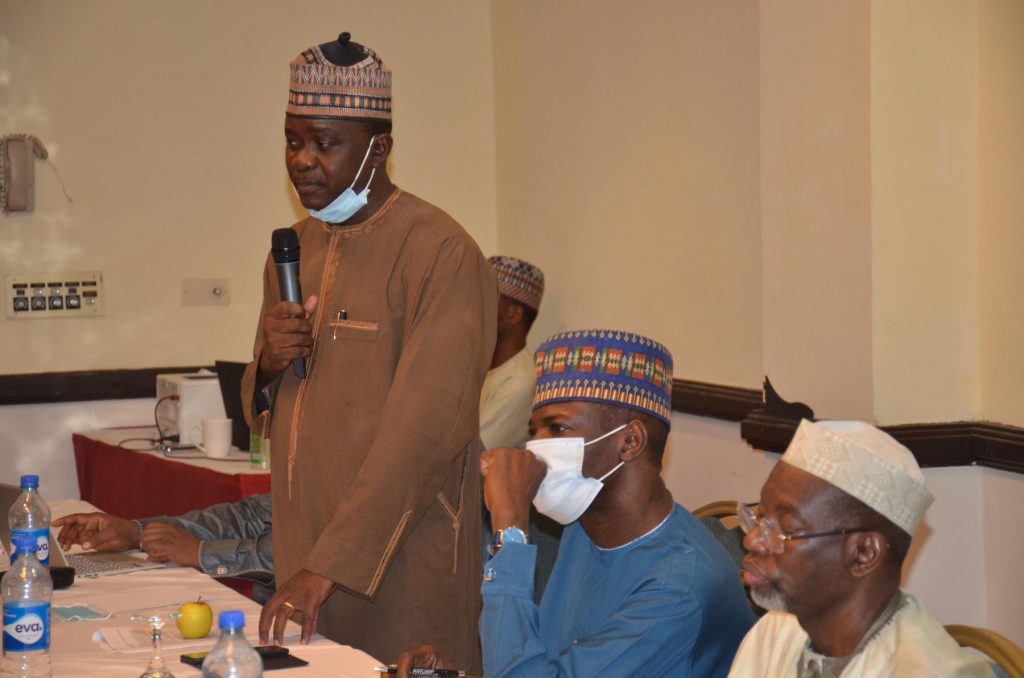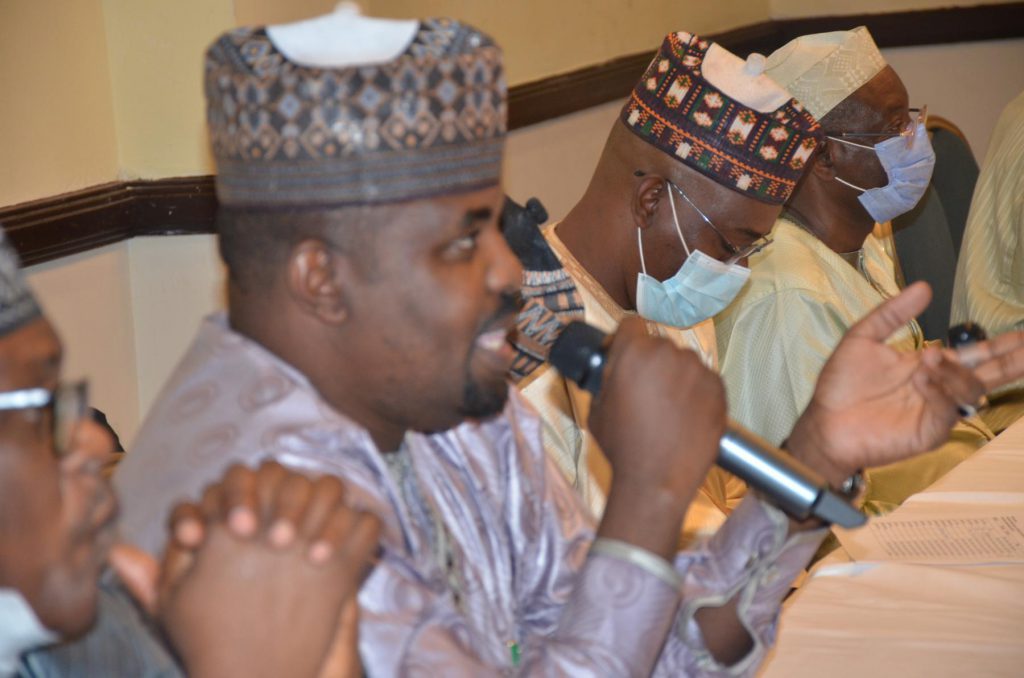
In 2019, the National Financial Intelligence Unit (NFIU) issued a guideline banning the operations of a joint account between states and their local governments. By this directive, Local Governments in Nigeria were granted full fiscal autonomy. While this development would pave the way for improved service delivery due to the availability of more funds as well as predictability and control in budget execution, it did not come without initial challenges, especially in the delivery of primary healthcare services.
For instance, in Jigawa, payment of workers in Primary Healthcare Centres (PHCs) are now transferred from the State Primary Healthcare Development Agency (SPHCDA) to the Local Governments (LGs) as statutorily required. This has altered the distribution of staff previously spread across the LGs to meet the basic minimum standard for PHC facilities, causing staff redundancy in some local governments and an acute shortage of health personnel in others. To an extent, this new system has slowed the implementation of the Primary Healthcare Under One Roof (PHCUOR) initiative in the state.
Over the last year, PERL supported Jigawa State in addressing these challenges through a series of stakeholder engagements that culminate in the development of a framework to guide the management of PHC human resources. The human resource management framework will strengthen the HR unit of the SPHCDA and ensure effectiveness in carrying out the functions of the Agency through better employee performance. In the course of the support, a policy advisory was also developed to influence stakeholder decisions for the effective implementation of the PHCUOR in light of the guidelines for local government autonomy.
On 1st March 2022, the Partnership to Engage, Reform and Learn (PERL) programme facilitated a two-day session in the Nation’s capital to validate the human resource management framework for the State Primary Healthcare Management Development Agency (SPHCDA) and deliberate on policy options for the state and Local Governments regarding PHCUOR implementation without affecting operationalization of the Local Government autonomy guidelines. PERL deployed in-depth problem-solving techniques including scenario planning and situational risk analysis to engage stakeholders at the session and to promote consensus.
Present at the session were the Jigawa State Deputy Governor, The State Head of Service, representatives of Local Government Chairmen, members of the State House of Assembly, representatives of the Ministry of Health, Ministry for Local Government, Budget and Economic Planning Directorate (BEPD), management and staff of the State Primary Healthcare Agency and Executive Secretary of the State Contributory Healthcare Management Agency and representatives of Civil Society Groups. Indeed, the level of participation is an indication of the importance of basic health service delivery to the government and people of Jigawa State.
The State’s Deputy Governor, Alhaji Umar Namadi, re-echoed the thoughts of other stakeholders at the session in commending PERL’s professionalism and support to the Health sector and the state in general. In his words, “FCDO-PERL is a worthy partner of Jigawa State. They have supported us to strengthen our Public Financial System … and the results of their support has made the state the best in budget transparency and accountability in the country” Other stakeholders including the Executive Secretaries of the SPHCDA and JICHMA commended PERL for the support around the Basic Healthcare Provision Fund implementation in the state.
The PERL National Programme Manager applauded the commitment and political will of Jigawa State stakeholders, recognising the willingness to advance public sector reforms. With the passage of the Local Government autonomy act by the National Assembly, and as more states comply with the NFIU directive, the approach by Jigawa to adopt consensus building will become a useful model for addressing the associated challenges of Human Resources for Health (HRH).


